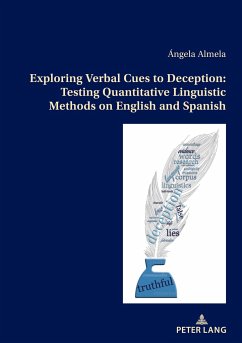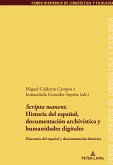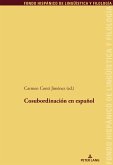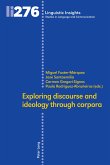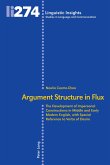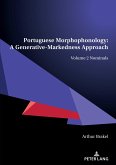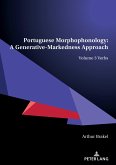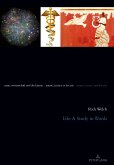In this research monograph, two empirical studies are presented, whose aim is to explore the linguistic cues to deception in written English and Spanish using computational tools like ALIAS WISER and LIWC. The tools have been tested on ground-truth data. After the automated text analysis, statistical classifiers are used to determine the best protocol for computational classification of true and false statements, and the role of emotional involvement is analyzed in low-stakes deception. The results demonstrate that, in our corpora, there is a real difference between "laboratory-produced" lies told in an experimental setting and high-stakes lies told in a police investigation.
Bitte wählen Sie Ihr Anliegen aus.
Rechnungen
Retourenschein anfordern
Bestellstatus
Storno

